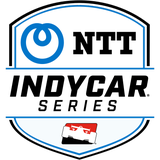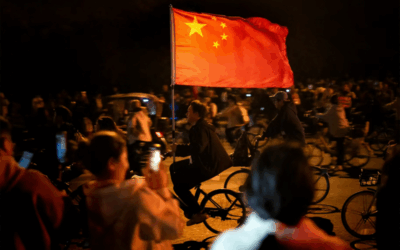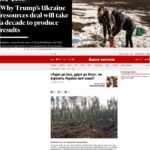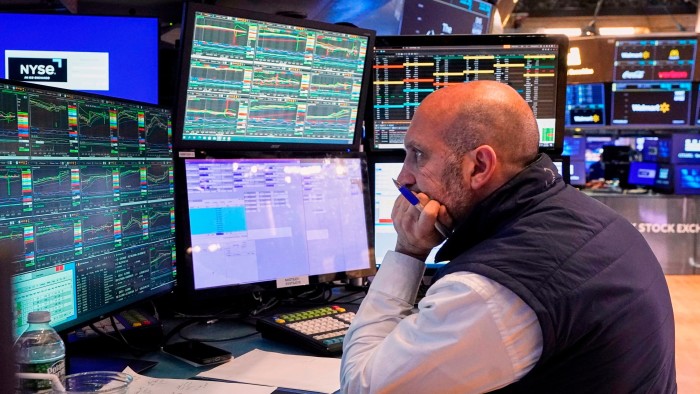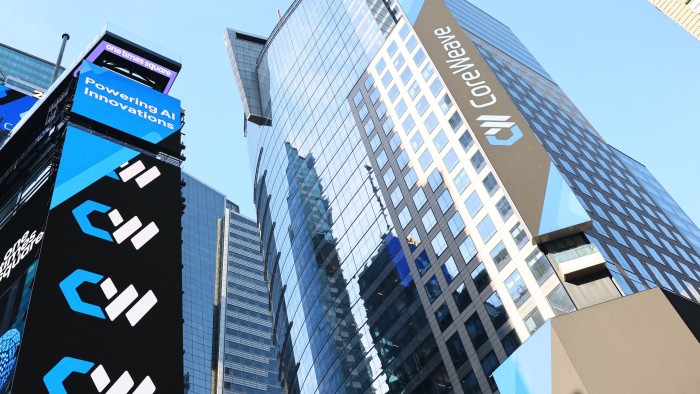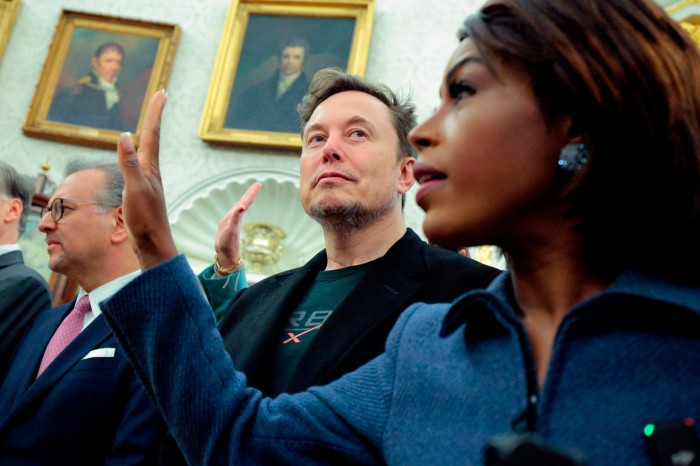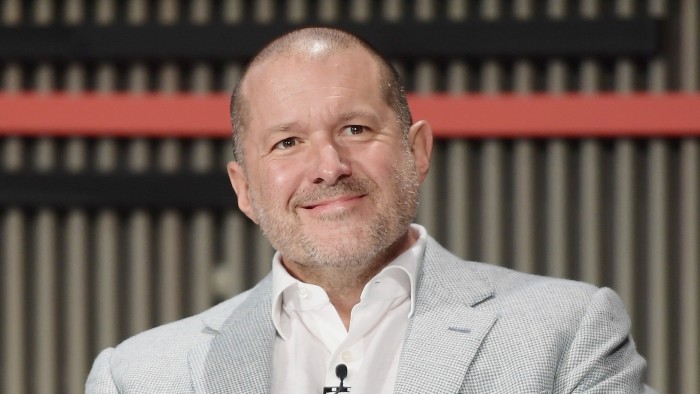Apple loses $250bn in market value from Trump tariff hit
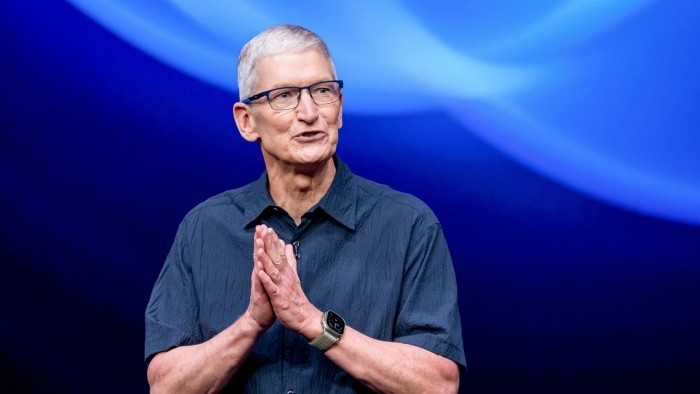
Unlock the Editor’s Digest for free
Roula Khalaf, Editor of the FT, selects her favourite stories in this weekly newsletter.
Apple lost more than $250bn in market value on Thursday, making it one of Wall Street’s biggest casualties of Donald Trump’s tariff blitz despite chief executive Tim Cook’s efforts to court the administration.
Shares in the iPhone maker were down as much as 8.5 per cent as trading opened in New York on Thursday, enough to reduce its market capitalisation from $3.37tn to $3.12tn.
Trump hit all of Apple’s biggest supplier and manufacturing hubs in Asia, including China, Taiwan, India and Vietnam, with huge new tariffs on goods imported to the US.
The aggressive move will affect almost every model of iPhone, iPad, Mac and accessory that the tech giant sells.
The US president’s pledge to “liberate” the economy presents Cook with an unenviable choice between raising prices for its high-end electronics or swallowing the extra costs, which could wipe tens of billions of dollars off the profits that Apple investors have long prized.
Apple in February pledged to hire 20,000 staff and invest $500bn in the US over the next four years, including a new facility manufacturing servers for artificial intelligence in Texas.
However, Cook, who risked the ire of Apple staff by attending Trump’s inauguration and visiting the president at the White House, has not so far obtained any exemption from the new tariffs.
The White House confirmed that there were no carve-outs for Apple in the president’s executive order.
On Wednesday night, the company declined to comment on whether there was any prospect of it securing an exemption from the levies, as it managed to do during Trump’s first term.
Apple did not immediately respond to a further request for comment on Thursday.
Analysts at Citi estimate that the iPhone maker has more than 90 per cent of its manufacturing in China, which is set to face combined tariffs of at least 54 per cent on imports to the US.
Vietnam and India, which produce a growing number of Apple products including iPhones, AirPods and Watches, face “reciprocal” tariffs of 46 per cent and 26 per cent, respectively.
However, semiconductors are currently exempt from the new tariffs, which could shield Apple, which is a customer of chipmaking giant Taiwan Semiconductor Manufacturing Company, from a 32 per cent “reciprocal” duty on the island nation.
TSMC’s new plant in Arizona is believed to account for a large portion of the hundreds of billions of dollars that both Apple and Nvidia have pledged to spend on US production over the coming years.
However, expanding that plant will probably become more expensive too, given the 20 per cent new tariff on imports from the EU, including from the critical Netherlands-based chip equipment manufacturer ASML.
Analysts at TD Cowen estimate that US sales account for almost a third of Apple’s total revenues, of which about three-quarters come from hardware products. The iPhone alone makes up almost two-thirds of US hardware revenues, they said.
“Based on the range of hardware products that Apple sells . . . and the countries that manufacture them, we estimate that every 10 per cent of tariffs would impact net income by 3.5-4 per cent” over the next two years, TD Cowen wrote in a note to clients.
Analysts at Citi estimate a 9 per cent hit to Apple’s total gross margin if it cannot avoid the China tariffs as currently envisaged.
Jefferies analysts say some 37mn iPhones will be imported into the US from China this year, reducing Apple’s net profit by 14 per cent unless it raises prices to compensate for the fees.
The tariffs will send shockwaves through Apple’s supply chain, Jefferies said in a note on Thursday: “Even if Apple is exempted from the current tariffs, it will need to accelerate its supply chain diversification efforts, and thus needs to pay its suppliers better.”
